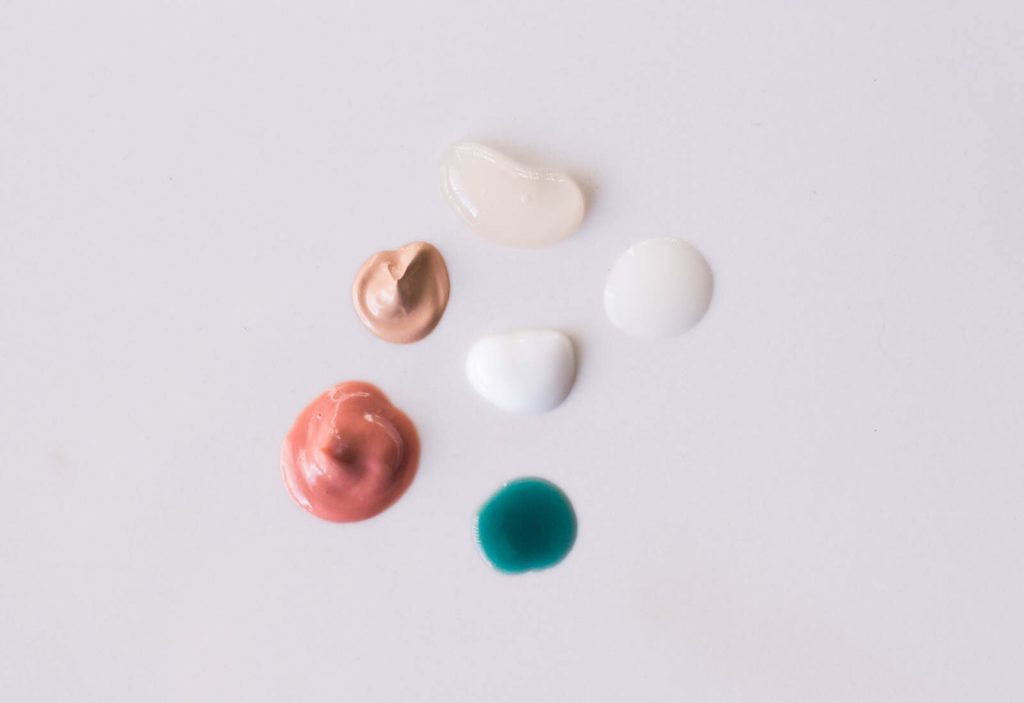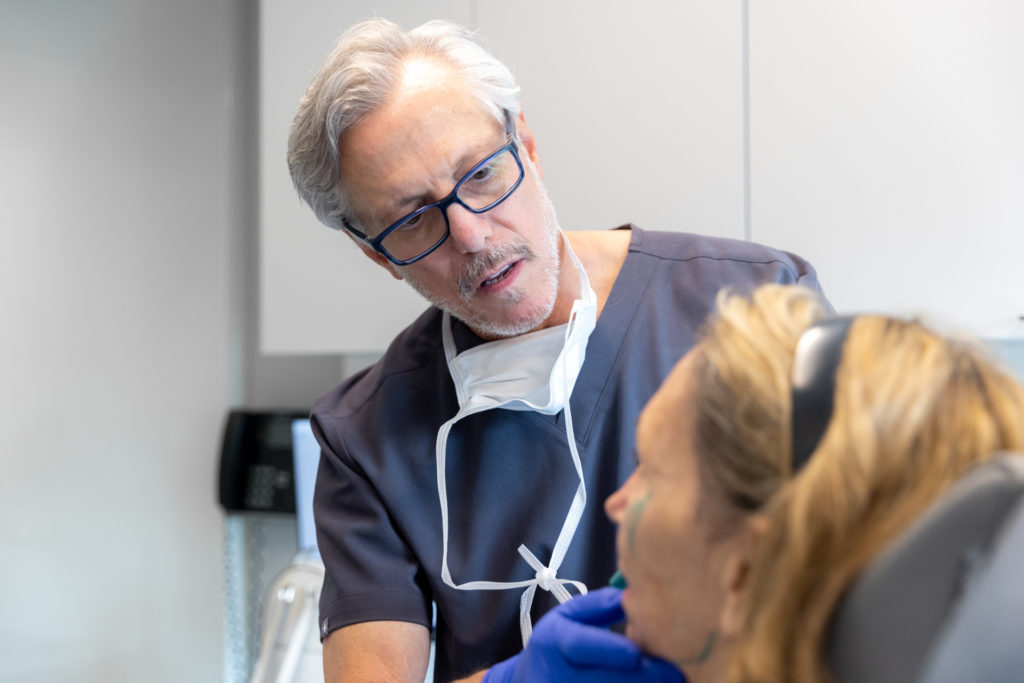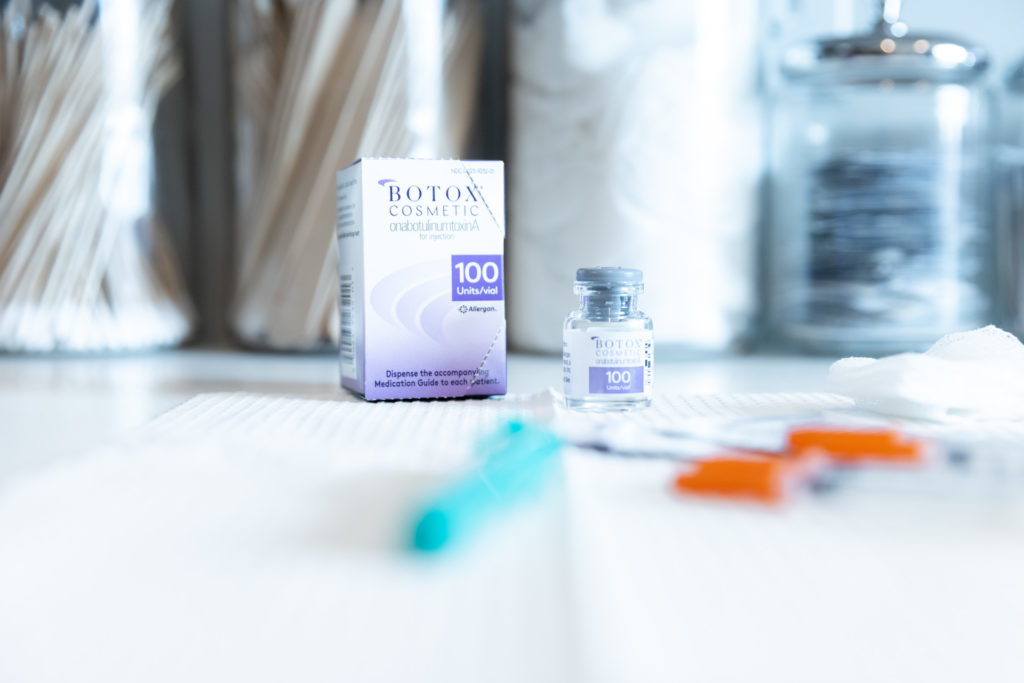
TOPICAL VITAMINS, HEALTH AND ANTI-AGING FOR SKIN CARE AND FACIAL AGING
New York, NY – If you told me as recently as 2 months ago that I would be blogging based on a question from my Facebook Fan page, I would have thought both you and I were crazy. Well, here it is; I had an inquiry from Pauline, a lovely lady from Charlottesville, VA about vitamins and skin tightening. This came as a response to an article in Natural Health Magazine February 2010, where I was quoted on the benefits of topical vitamins for skin rejuvenation.
We have long known about the beneficial effects of various vitamins on anti-aging. The most well documented is Retin-A, a vitamin A derivative. Technically, Retin-A is only FDA approved for the treatment for acne. However, people have been using this for decades for more youthful appearing skin and it is probably the single best anti-aging topical treatment you can use at home for facial aging. Retin-A has been demonstrated to reverse the signs of aging right down to the cellular level. There are potential side effects though; dryness, redness and sun sensitivity. So, use it at night and use daily sunscreen (as everyone should do so already). Other Vitamin A preparations are also available that have moisturizers or modified retinoids that may be less irritating and better tolerated by your skin.
Vitamin C is an antioxidant that is effective in fighting aging skin. Anti-oxidants combat the formation of free radicals. What does all that mean? Ultraviolet (UV) radiation from the sun penetrates the skin and causes the formation of free radicals. Free radicals damage the skin cell membranes, enzymes, surrounding fluid and proteins making the skin age prematurely. Vitamin C neutralizes some of this damage. It is also a necessary building block for a number of the enzymes that make collagen for our skin. UV exposure also depletes the skin of Vitamin C making it less available for the skin cells. Oral vitamin C is good for overall health, but little gets to the skin so topical is helpful as well. Unfortunately, you can’t chop up vitamins and smear them on your skin. The vitamin C molecules need to be of a specific size and associated with certain carriers that enhance skin penetration and absorption. This varies from product to product.
Pauline also asked about Vitamin D. Vitamin D has been a hot topic lately, as it was even featured in the New York Times Science Section last week. Vitamin D is made in the body from sunlight and also found in fish and fortified milk. There are well documented health advantages from Vitamin D for many disease processes as well as overall health. What is not known is if we really need to take supplements other than what we get naturally from food and sunlight. Active healthy patients have higher Vitamin D levels. But is this from outside sources or do healthier people produce more Vitamin D themselves?
When it comes to vitamins taken orally, nothing beats a balanced diet and good hydration for healthy skin. The #1 thing I recommend for overall health is adding Omega 3 fatty acids. These are the highest in fish but can be obtained from a number of other sources such as flaxseed oil or even oral supplements.
Here’s to a healthier you. Steven J. Pearlman, MD, FACS




